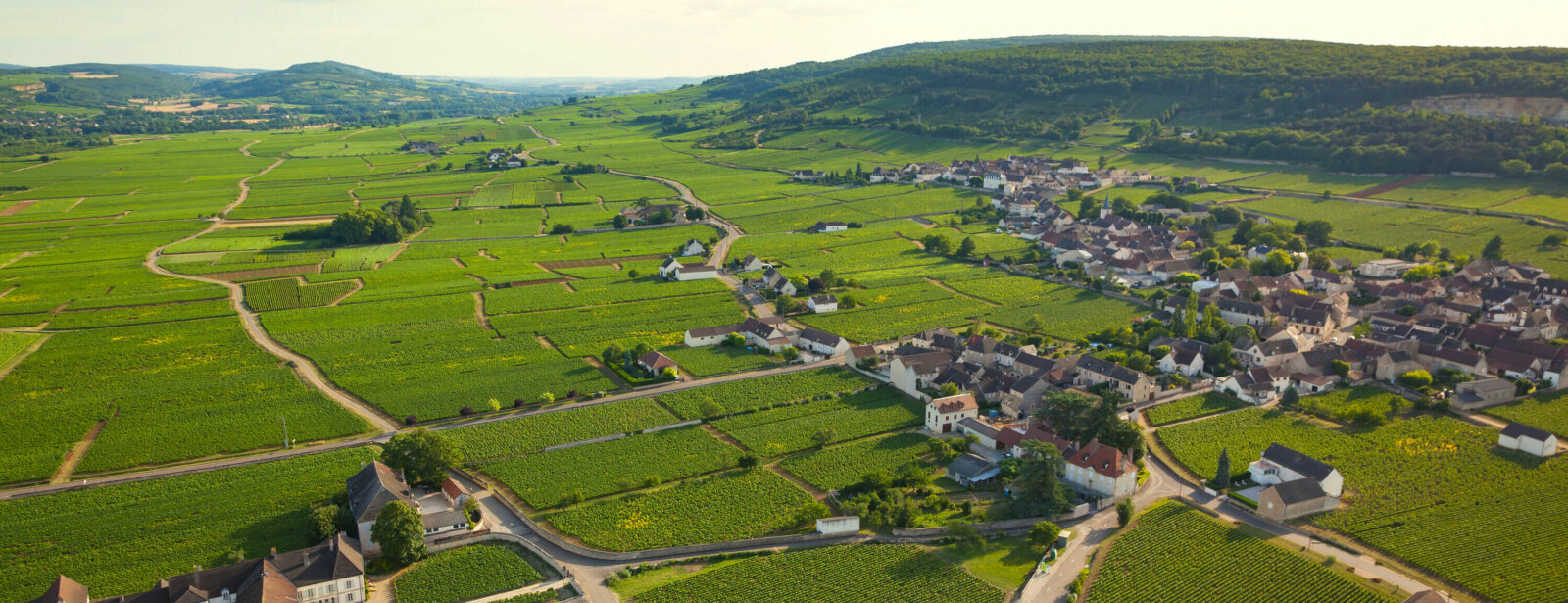Chassagne-Montrachet
1er Cru Blanchots


The season begins with a mild and dry winter, leading to an early start to the growing cycle. A significant episode of frost occurred on the Chardonnay on April 5 then on the Pinot Noir on April 14, causing a harvest loss (30% to 50%). A cooling at the beginning of June leads to capricious flowering. This causes runoff and further reduces yields while concentrating the aromas. The hot summer induces water stress in certain places which delays the maturity of the grapes. Because the berries are small and few number, the sugar level in the grapes is naturally high but the lack of water helped maintain good acidity.
Vineyard
It is quite similar with that of the Grand Cru Criots-Bâtard-Montrachet. The vines rest on a limestone bedrock from the Middle Jurassic, like all its neighbours. There is a small layer of very fine white clays and a light and well-draining slope which makes it possible to produce very elegant and well-made wines.
Control method: reasoned control
Manual harvest: 100%
Sol : Calcareous clay


Vinification
100% Chardonnay
At their arrival in our cellar, the grapes are immediately and carefully pressed with a pneumatic press .
100 % whole berries
17 months (whose 5 months in stainless steel tank)
100 % oak barrels (1 vintage old barrel)
14,50% vol.
Tasting
Tasting note
Subtle wine, quite reserved at the beginning of its youth, which over time releases all the complexities of limestone and white earths.
Food pairings
Ideally suited to grilled shellfish or in sauce, a sea bass or line-caught Saint-Pierre.

temperature
12-14°C

2024-2029
